
In today's world, where energy consumption is increasing at an alarming rate, it has become crucial for each of us to take responsibility for reducing our energy usage. Not only does this help protect the environment, but it also saves money on utility bills. In this blog, we will explore some practical and easy-to-implement tips that can significantly reduce energy consumption in households. By following these suggestions, you can contribute to a more sustainable future while enjoying the benefits of a lower energy bill.
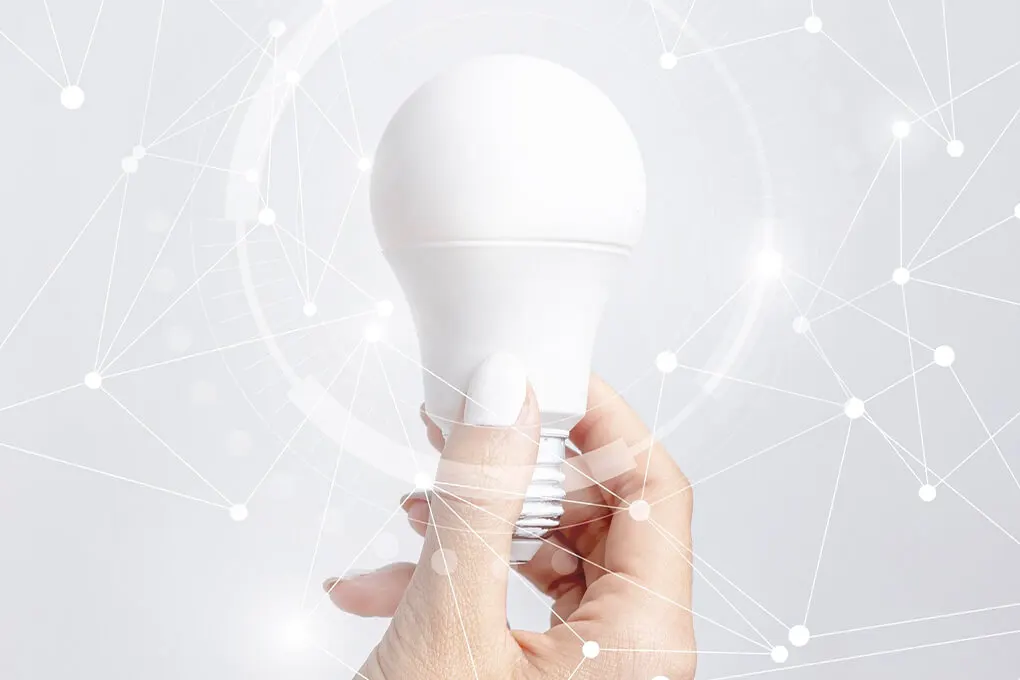
Optimize Your Lighting:
Lighting accounts for a significant portion of a household's energy usage. By adopting energy-efficient lighting practices, you can make a noticeable impact. Replace traditional incandescent bulbs with energy-saving LED bulbs, which consume up to 80% less energy. Additionally, make it a habit to turn off lights when leaving a room and utilize natural light whenever possible.
Unplug Electronics and Appliances:
Many electronics and appliances continue to draw power even when they are turned off or in standby mode. This phenomenon, known as "vampire" or "phantom" energy, contributes to unnecessary energy consumption. To address this, unplug devices when not in use or use power strips with on/off switches to easily cut off power to multiple devices simultaneously.
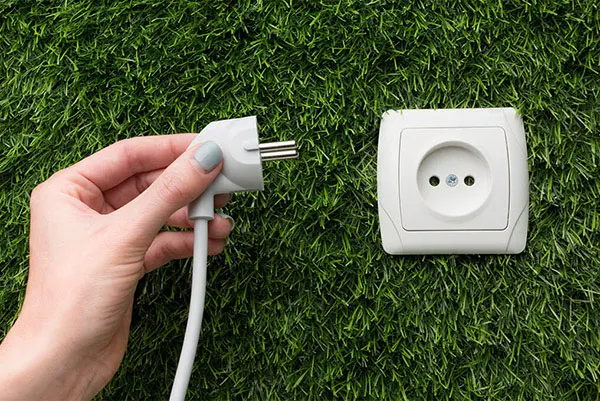

Harness the Power of Sunlight:
Take advantage of natural light during the day by opening curtains and blinds. This not only reduces the need for artificial lighting but also helps warm up your home during colder months. Similarly, during warmer months, close curtains and blinds during the hottest parts of the day to prevent your home from overheating, reducing the need for excessive air conditioning.
Optimize Heating and Cooling:
Heating and cooling systems consume a significant amount of energy. To reduce their impact, ensure proper insulation in your home to minimize heat loss during winter and heat gain during summer. Install a programmable thermostat to adjust the temperature according to your schedule, avoiding unnecessary energy use when you're away. Regularly clean and maintain your HVAC system to improve its efficiency.
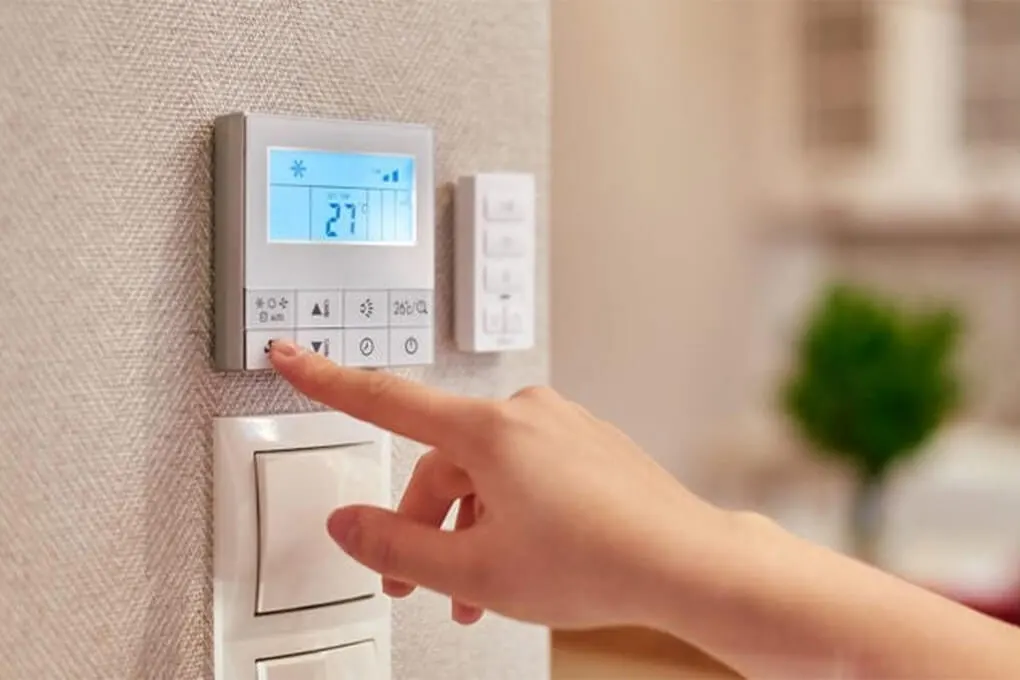

Efficient Water Usage:
Conserving water not only helps the environment but also reduces the energy required for water heating. Take shorter showers and install low-flow showerheads and faucets to decrease water usage. Fix any leaks promptly, as even minor drips can add up to significant wastage over time. Additionally, consider using energy-efficient appliances like dishwashers and washing machines, and always run them with full loads.
Energy-Smart Cooking:
Cooking efficiently can have a noticeable impact on your energy consumption. Opt for microwave ovens or toaster ovens for small meals instead of using the full-sized oven. When using the stovetop, match the size of the pot or pan to the burner to avoid energy waste. Use lids to retain heat and reduce cooking time. Lastly, consider using a pressure cooker for meals that require longer cooking times, as it uses less energy.
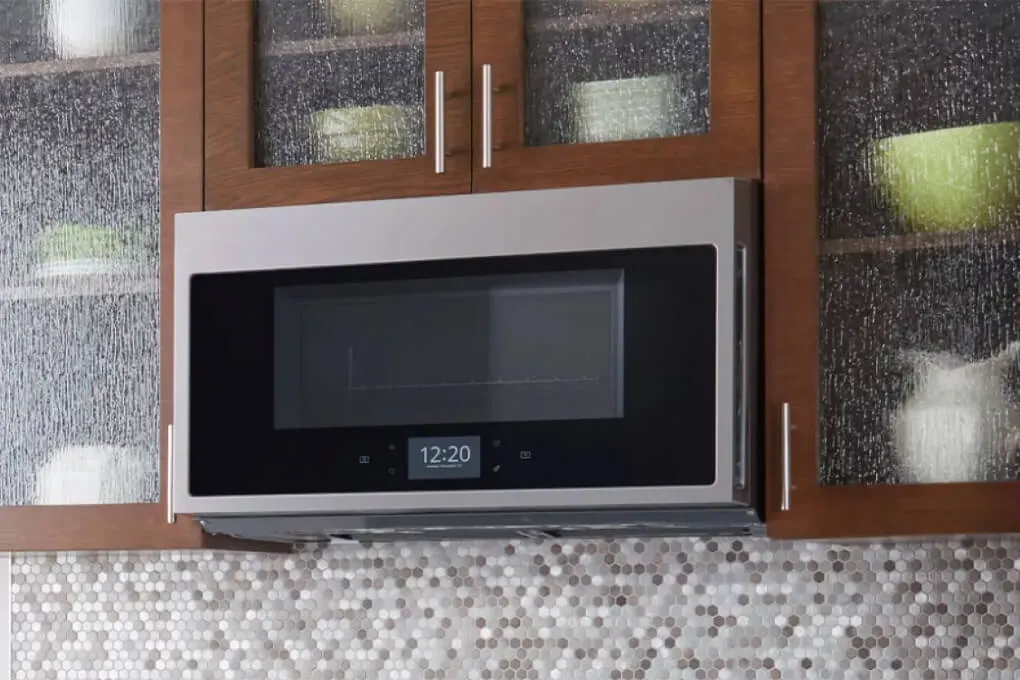
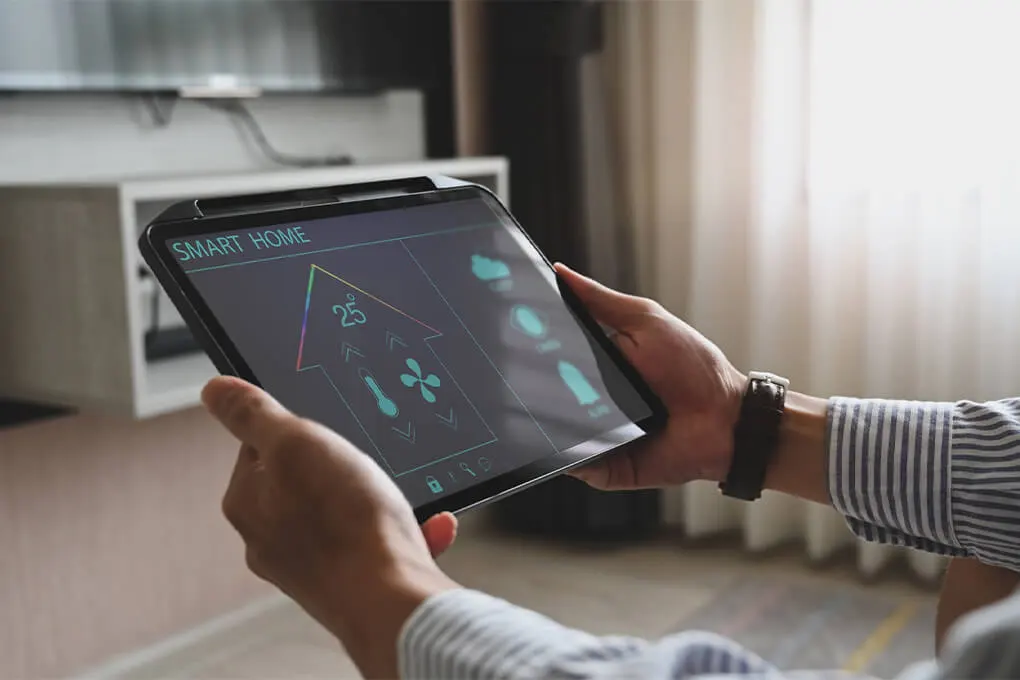
Smart Power Management:
Invest in smart power strips and energy monitoring devices that provide real-time data on your energy usage. This information can help you identify areas of improvement and motivate you to reduce consumption further. Additionally, schedule energy-intensive tasks like laundry and dishwashing during off-peak hours when energy demand is lower.
Reducing energy consumption in households is a responsibility that falls upon each of us. By implementing these simple yet effective tips, you can significantly reduce your energy usage, contribute to environmental sustainability, and save money on utility bills. Remember, small changes in our daily habits can make a big difference in the long run.
Let's embrace an energy-conscious lifestyle and inspire others to follow suit, creating a brighter and greener future for generations to come.